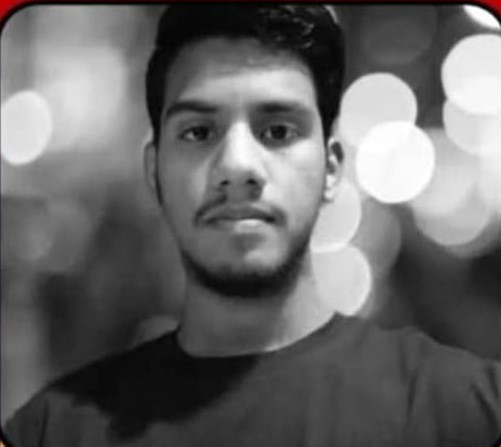It has been a year since Golam Mostafa lost his son. But to him, time hasn’t moved. Every evening, he still glances at the gate of his modest home in Sreepur, hoping Farhad will return from university and call out, “Baba, I’m home.”
But that voice is now only heard in dreams.
Farhad Hossain, a 21-year-old third-year student at Chattogram University’s History Department, was shot dead during the July Uprising of 2024 — a time of historic protest and national upheaval. On August 4, while peacefully demonstrating near the WASA area in Chattogram, Farhad was struck in the head by a bullet. Witnesses say police and ruling party loyalists opened fire without warning. Farhad died instantly.
A promising student, a devoted son, and a believer in justice — Farhad’s life was cut short before he could finish his sentence, his degree, or his dream.
His father, Golam Mostafa, drives a covered van for a living. On most days, he works 12 hours or more to support his family of six. “We didn’t have much, but we had dreams,” he says quietly. “Farhad was our brightest hope.”
Originally from a humble village in Magura’s Sreepur upazila, Farhad had moved to Chattogram to pursue higher education — a difficult but determined step taken by a family that barely managed three meals a day.
“Even when we couldn’t afford new clothes or good food, we never let go of the idea that education could change everything,” Mostafa recalls. “Farhad believed that too.”
Farhad wasn’t a loud activist. Friends describe him as quiet, thoughtful, and deeply committed to fairness.
“He didn’t shout slogans for attention,” says Taufiq, a close friend from the International Relations Department. “He listened, he read, and he spoke only when needed — and when he did, it mattered.”
Farhad was part of the anti-discrimination movement demanding reforms in the government job quota system — a movement that swelled into a nationwide call for justice, equity, and dignity. His participation was peaceful, but it came at a brutal cost.
“He wanted to become a high-ranking officer, help our family, and build a better life for us all,” says his elder brother, Anwar Hossain, currently studying for a Master’s in Accounting at Dhaka University. “He had it all planned out. And now, it’s all gone.”
Farhad’s body was brought back to his village in the early hours of August 5, just hours before the fall of the authoritarian government led by Sheikh Hasina. His burial was silent, except for the weeping of loved ones and the distant sound of a country in revolt.
“He died for a new Bangladesh,” says his father. “One where children don’t get shot for asking questions.”
The family does not speak of revenge. But they speak of justice.
They want accountability — for the officer who fired the bullet, for those who gave the orders, and for the system that allowed it.
“Give them the highest punishment,” Mostafa says, his voice steady despite the grief. “Let no other father bury his son like this.”
But amid the sorrow, there’s pride — a quiet, aching pride.
“I raised a boy who stood up for what is right,” says Mostafa. “And even though I lost him, the country has found its voice.”
Farhad’s story is now part of Bangladesh’s history — not just as a victim of state violence, but as a symbol of a generation that chose courage over silence.


